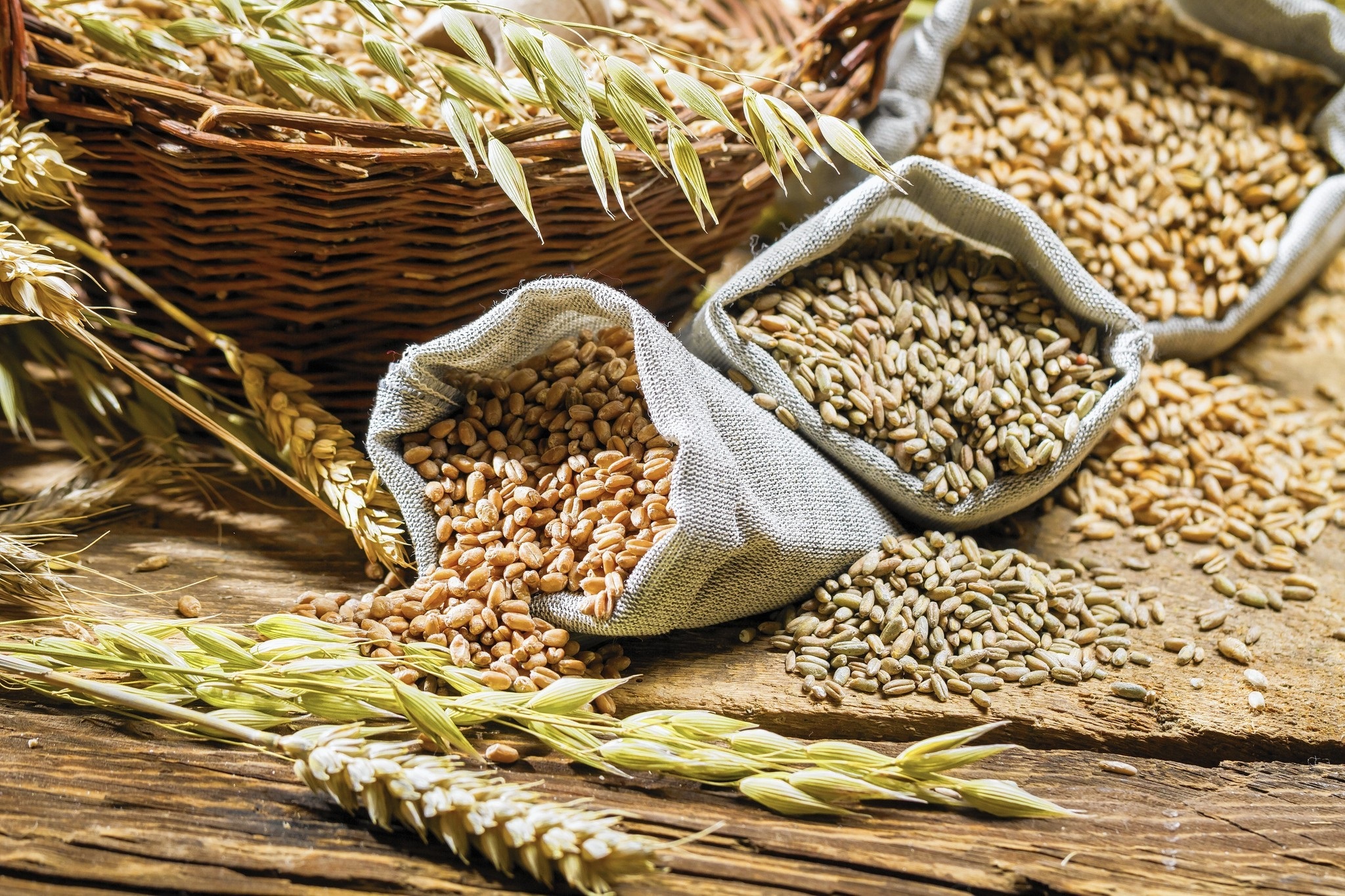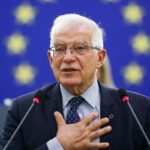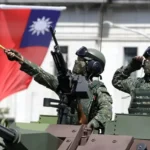The EU Council has established increased customs tariffs on grain products from Russia and Belarus. The tariff hike aims to prevent market destabilization and halt the illegal export of grain.
The Vice-President of the European Commission stated that while sanctions against these goods are not currently being discussed, there are considerations for applying high tariffs on Russian products.
Today, the Council of the European Union decided to increase customs tariffs on grains, oilseeds, and their derivatives imported from Russia and Belarus. The EU believes this will “effectively halt the import of these products.”
Tariffs on Grain Products from Russia and Belarus to Rise
The EU believes these actions will prevent the destabilization of the EU grain market and stop the export of illegally stolen Ukrainian grain by Russia. The increased duties will take effect on July 1, 2024, according to the EU Council following the meeting.
The regulation raises import tariffs on grains, oilseeds, and derivative products, as well as on beet pulp pellets and dried peas from the Russian Federation and the Republic of Belarus, for which importers currently pay no or low tariffs. Additionally, these goods will be excluded from Union tariff quotas, said Belgium’s Finance Minister Vincent Van Peteghem.
The Vice-President of the European Commission for Economy, Valdis Dombrovskis, stated that the EU is not currently discussing sanctions against these goods. According to him, this is a separate procedure resolved by member states “through the principle of unity.”
We are now discussing the possibility of applying high tariffs to certain Russian goods. Certainly, there is already a significant degree of trade disruption between the EU and Russia, but we are ready to explore new possibilities, – stated Dombrovskis.
Latvia’s State Secretary of the Ministry of Foreign Affairs, Andris Pelšs, noted that his government has banned the import of these products at the national level. He expects that certain measures will also be adopted at the EU level. Andris Pelšs says that working on further sanctions against Russia “is a moral obligation for Europeans.”


